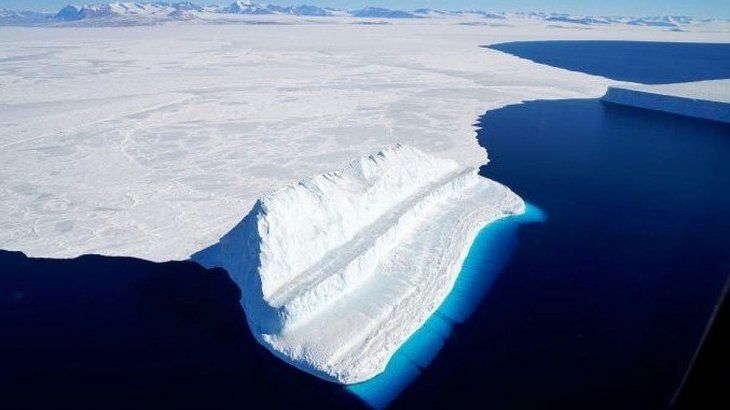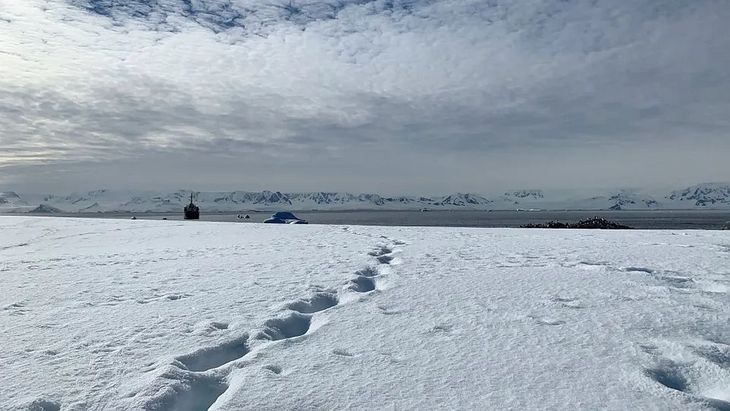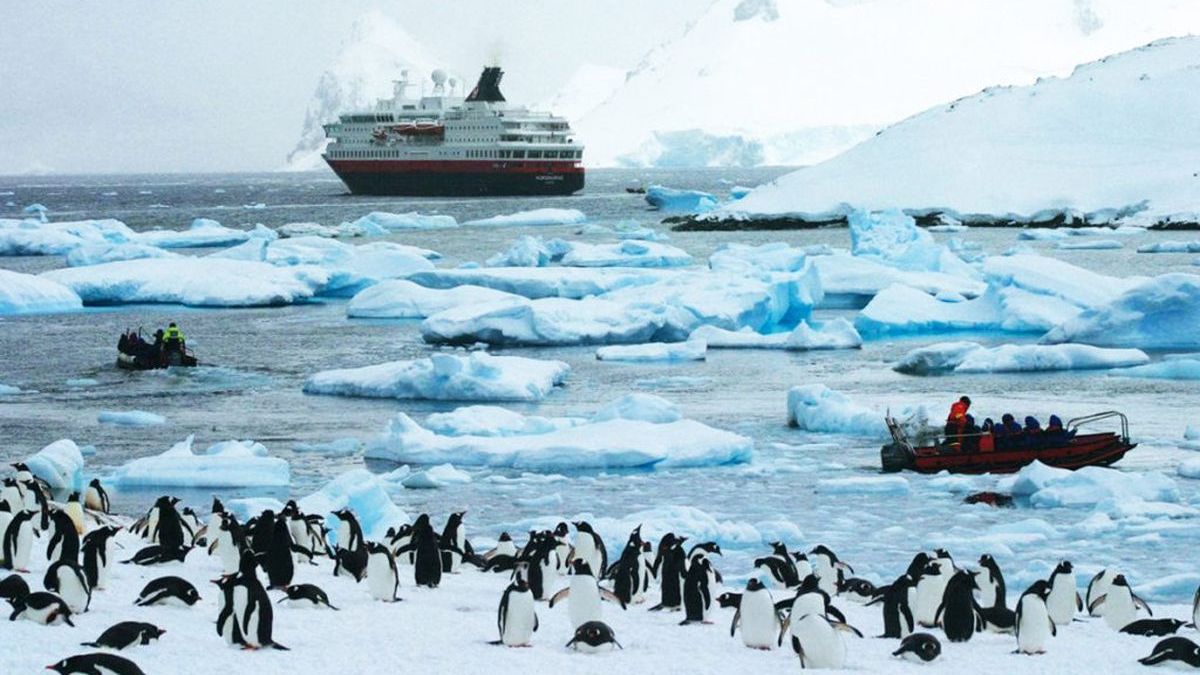He rapid melting of Antarctica this slowing down the flow of water through the oceans of the world and could have a disastrous impact on global climatethe marine food chain and even the stability of the platforms of iceaccording to new research.
The “tipping circulation” of the oceansdriven by the movement of denser water toward the seafloor, helps transport heat, carbon, oxygen and vital nutrients all over the planet. But deep oceanic water flows from the Antarctica could decrease a 40% from here to 2050according to a study published Wednesday in the journal Nature.
glacier melt.jpg
“It’s amazing that this happens. so quickly“, he claimed Alan Mixpaleoclimatologist of the Oregon State University, USAand co-author of the latest evaluations of the Intergovernmental Panel on Climate Changewho did not participate in the study.
As temperatures risehe sweet water from the melting of the Antarctica enters the ocean, reducing the salinity and the density of surface water and decreasing this downward flow towards the bottom of the sea.
antarctica thaw.jpg

AFP
The scientists used 35 million computing hours over two years to run a series of models and simulations up to mid-century, and found that the deep-water circulation in the Antarctica could weaken twice as fast as in the North Atlantic.
“Is about huge volumes of water (…) and they are parts of the ocean that remained stable for a long time,” said Matthew Englandoceanographer of the University of New South Wales, Australiaand co-author of the study.
antarctica.jpg

The upturning of the ocean allows the nutrients rise from the bottom, and the Antartic Ocean supports about three quarters of the world production of phytoplanktonthe base of the food chain, noted a second study co-author, steve rintoul.
“If we slow down the sinking near the Antarcticawe slow down the entire circulation and, therefore, also we reduce the amount of nutrients that return to the surface from the depths of the ocean,” explained Rintoul, a researcher at the Commonwealth Scientific and Industrial Research Organization (CSIRO) of Australia.
Antarctica.jpg

green future
The study findings also suggest that the ocean I couldn’t absorb that much carbon dioxide as its upper layers become more stratified, which would leave more CO2 in the atmosphere.
By David Stanway.-
Source: Ambito




